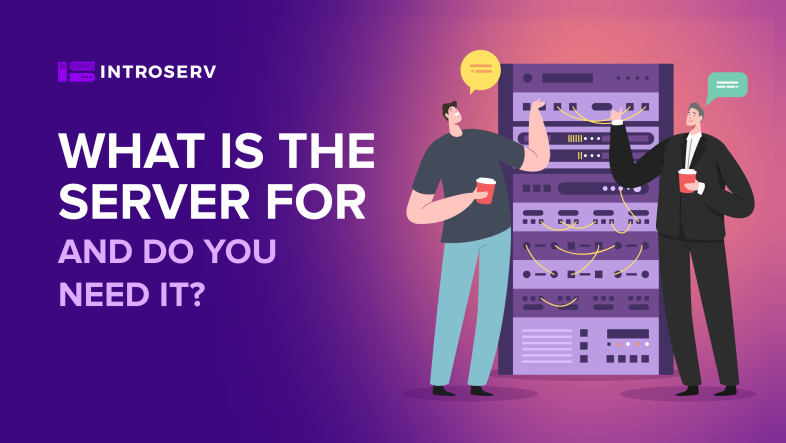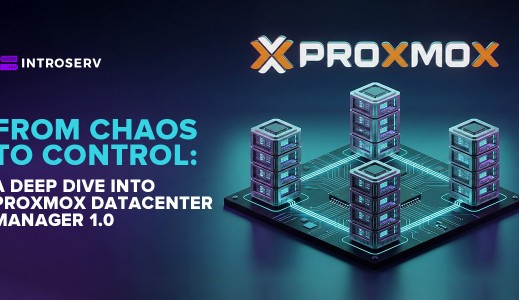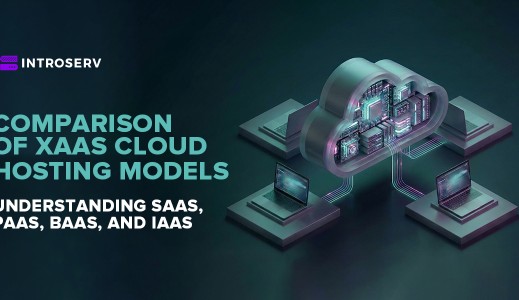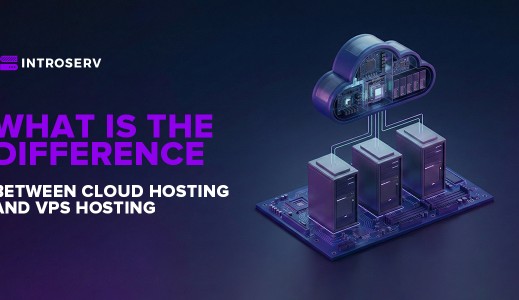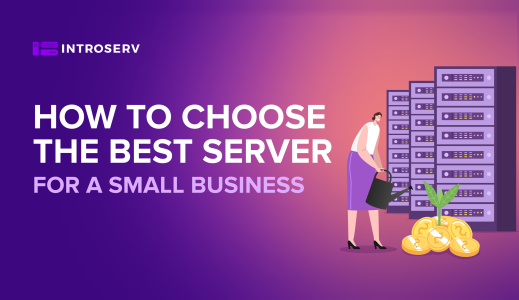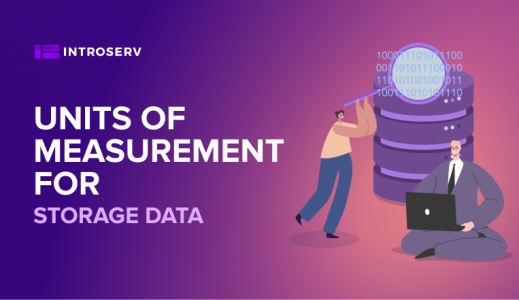After we have learned what a server is and what classes of servers there exist, we will delve into the topic and analyze the question: what are servers for?
The purpose of the server depends on its technical parameters and target functions. In other words, the server as physical equipment-supports the operation of any networks and communication with the connected computers of users (which are called "clients"). Data storage, processing, and exchange-require a "place", a physical medium that creates a space where such operations are performed. Therefore, it is impossible to do without the production capacity of data centers, whether you are a regular user or a server owner / tenant. Any service on the Internet has at its disposal a server of one type or another. The only difference is who owns this computing power.
Specialized servers are involved depending on the required functions. Therefore, there is a fairly extensive classification of servers by the type of work they perform: database servers or game, video, mail, graphics, and other servers. All of them also require operational volumes, so, ultimately, they rest on the need to support physical equipment, but depending on the tasks and resources consumed, there are options here. An exception can be considered servers that bear this name rather nominally in the sense of "serving program".
So, what does the server do? It stores and processes data, makes it possible to exchange information on any type of network, ensures the operation of programs, supports services on a computer or other equipment and on the Internet. These simple points contain many different options and features, the details are in demand by specialists, so it is easier to consider the issue in the context of the needs or goals that the servers implement.
A server is usually required for such purposes:

1. Personal needs.
When you need to expand your own resources. For example, a regular computer can not cope, you need a separate storage for information, or you need to maintain your own website or online store. In most cases, such tasks are handled by virtual servers that are rented from the company that sells hosting. Less often, when a person uses or is engaged in their own software development or wants to have a reliable storage for their confidential data, they use the services of a dedicated server.
2. Local area networks.
Basically, any network of computers that need access to a shared database or additional capacity. It is necessary for small groups of people working together or connected by one goal – a project, a hub, the development of a product, etc. Educational institutions, cafes and restaurants, entertainment and shopping centers, gaming communities use their own local networks. In this case, it is enough to rent a dedicated server.
3. Companies or firms.
Here, requests grow, and the requirements of your own local network are added – accounting, logistics, file sharing, video surveillance, office equipment, your own software applications, etc. Security requirements for data storage and maintenance are also increasing. In this case, you can no longer do with cloud resources and even virtual servers, you need a more reliable solution. And if earlier the best option was to buy a physical server with its advantages and disadvantages, today there are effective ways to buy dedicated servers for such needs.
4. Corporations.
Such a complex "working organism" as a corporation requires huge expenses in maintenance and management. Data storage, running work applications (for example, for the operation of production equipment), communication and maintenance of huge staff and office equipment, and much more, today it is impossible to imagine without your own server capacity. Therefore, corporations maintain separate server rooms on their own territory or in a reliable data center.
5. Hosters.
These are companies that sell hosting, that is, server capacity to customers. Depending on the volume of services provided, such companies own premises where their own servers are located or buy servers from data centers providing certified services based on them. The main thing to remember is that not all hosting companies sell their own server potential, there are those who use networks from ordinary computers and cloud services, which, of course, does not provide the required quality and does not guarantee security.
Of course, these examples do not describe all the options and features, they help to understand and navigate what servers are needed for and where they are used. In such matters, there are often situations that require individual or non-standard solutions, so it is better to use the advice of specialists who will help you make the right choice.
